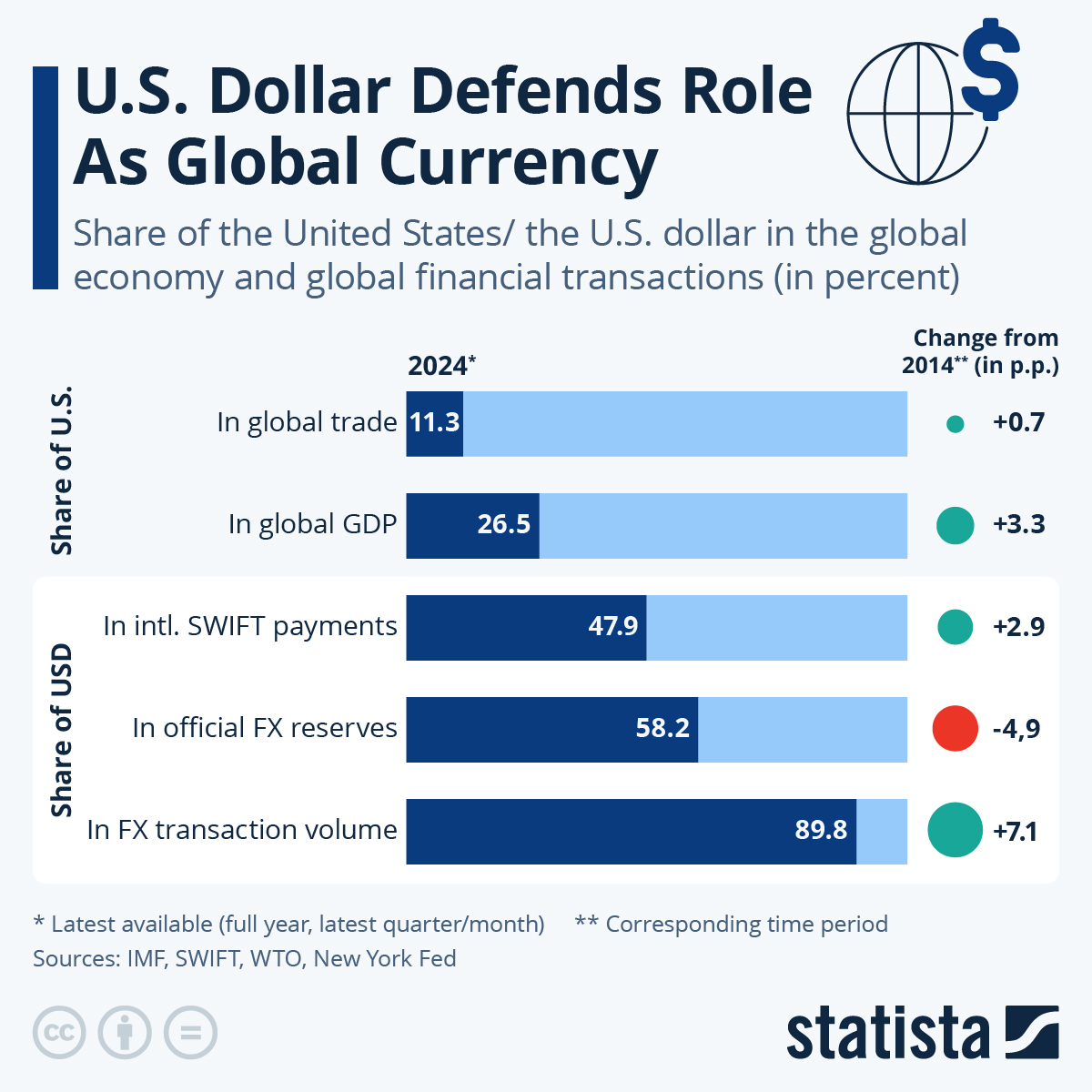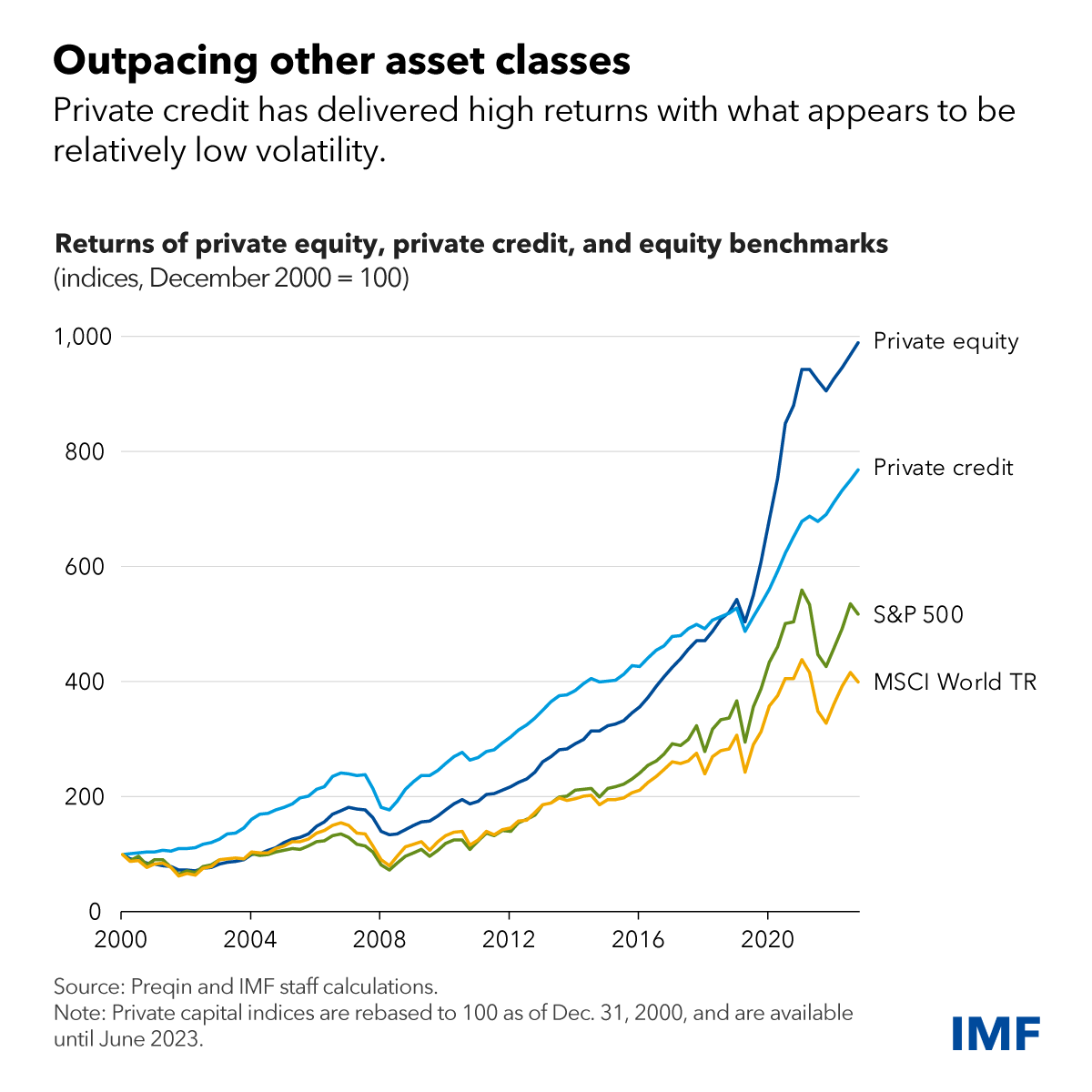Understanding The Surge In The Venture Capital Secondary Market

Table of Contents
Increased Liquidity Needs of Limited Partners (LPs)
Limited Partners, the investors who provide capital to venture capital funds, play a crucial role in fueling innovation. However, their investment horizons often differ from the long-term nature of venture capital returns. LPs, including endowments, pensions, and family offices, frequently require liquidity for various reasons.
- Portfolio Diversification: Maintaining a balanced portfolio across different asset classes is paramount. The illiquid nature of venture capital necessitates a mechanism for accessing capital before fund maturation.
- Meeting Capital Calls: LPs often face capital calls from other investment funds, requiring them to raise funds quickly. The secondary market offers a solution for meeting these obligations without liquidating other assets.
- Strategic Rebalancing: Changes in investment strategies or risk appetite may necessitate the rebalancing of a portfolio, leading LPs to sell some VC assets.
The venture capital secondary market provides a much-needed solution, enabling LPs to realize value from their investments before the fund's eventual liquidation. This increased liquidity allows for more agile portfolio management and reduces the overall risk profile for LPs.
Strategic Portfolio Management by General Partners (GPs)
General Partners, the fund managers, also benefit significantly from the secondary market. They utilize it for various strategic reasons:
- Capital Recycling: Selling mature portfolio companies through secondary transactions allows GPs to reinvest the proceeds into newer, potentially higher-growth opportunities, enhancing returns.
- Portfolio Optimization: GPs can strategically adjust their portfolio mix by selling underperforming assets or those that no longer align with their investment thesis, optimizing overall fund performance.
- Improved Fund Performance: By selectively selling assets, GPs can improve the overall performance metrics of their funds, potentially attracting more capital in future fundraising rounds.
The selection of buyers and the valuation process are critical components of successful GP strategies in the secondary market. GPs carefully consider factors like buyer reputation, proposed valuation, and the potential impact on remaining portfolio companies before entering into a transaction.
The Role of Specialized Secondary Market Funds and Platforms
The increasing volume of secondary market transactions has led to the emergence of specialized funds and platforms dedicated to facilitating these deals. These platforms streamline the process by:
- Providing Market Access: They connect LPs seeking liquidity with sophisticated buyers, including other LPs, family offices, and dedicated secondary market funds.
- Streamlining Due Diligence: These platforms often assist with the complex due diligence process, reducing transaction costs and time to completion.
- Improving Transparency and Efficiency: They enhance transparency and efficiency by providing a centralized marketplace for valuation and negotiation.
However, utilizing these platforms also presents certain considerations. The fees charged by these platforms can be substantial, and careful evaluation of their services is crucial. The technology employed by these platforms plays a significant role in expediting transactions and reducing administrative burdens.
Valuation Challenges and Considerations in the Venture Capital Secondary Market
Valuing venture capital assets presents unique challenges due to the illiquid nature of these investments. Several factors influence valuations in the secondary market:
- Market Conditions: Overall market sentiment, particularly within the technology sector, significantly affects valuations.
- Company Performance: The financial performance, growth trajectory, and competitive landscape of the underlying portfolio company directly impact its value.
- Discount Rates: Determining the appropriate discount rate to reflect the risk and illiquidity of the investment is critical and complex.
Different valuation methodologies, including discounted cash flow analysis and comparable company analysis, are employed, but each carries inherent limitations in the context of private companies. Independent valuations and thorough due diligence are essential to ensure fair and accurate pricing for both buyers and sellers.
Conclusion: Navigating the Future of the Venture Capital Secondary Market
The surge in the venture capital secondary market is driven by the increasing liquidity needs of LPs and the strategic portfolio management objectives of GPs. The rise of specialized funds and platforms has further fueled this growth, streamlining transactions and enhancing efficiency. However, navigating the complexities of valuation remains a key challenge. Understanding the nuances of this dynamic market is crucial for all participants. To gain a competitive advantage in this rapidly evolving landscape, explore the venture capital secondary market further. Learn more about the strategies employed by successful investors and the latest trends shaping this critical area of private equity. [Link to relevant resource 1] [Link to relevant resource 2]

Featured Posts
-
 The Challenges Of Producing All American Goods
Apr 29, 2025
The Challenges Of Producing All American Goods
Apr 29, 2025 -
 Analyzing The U S Dollars Trajectory Potential For A Repeat Of Nixons Early Presidency
Apr 29, 2025
Analyzing The U S Dollars Trajectory Potential For A Repeat Of Nixons Early Presidency
Apr 29, 2025 -
 Fhi Rapport Hvordan Medisiner Pavirker Adhd Og Skolegang
Apr 29, 2025
Fhi Rapport Hvordan Medisiner Pavirker Adhd Og Skolegang
Apr 29, 2025 -
 5 Key Dos And Don Ts To Succeed In The Private Credit Market
Apr 29, 2025
5 Key Dos And Don Ts To Succeed In The Private Credit Market
Apr 29, 2025 -
 Fatal Black Hawk Crash In Dc Nyt Report Reveals Pilots Defiance Of Orders
Apr 29, 2025
Fatal Black Hawk Crash In Dc Nyt Report Reveals Pilots Defiance Of Orders
Apr 29, 2025
